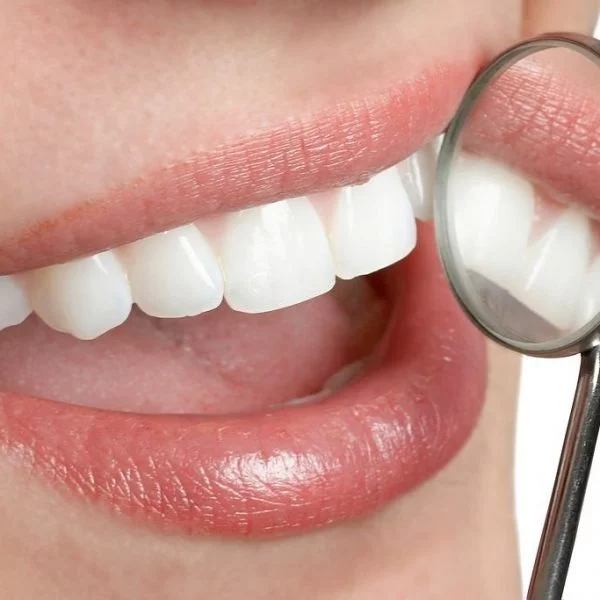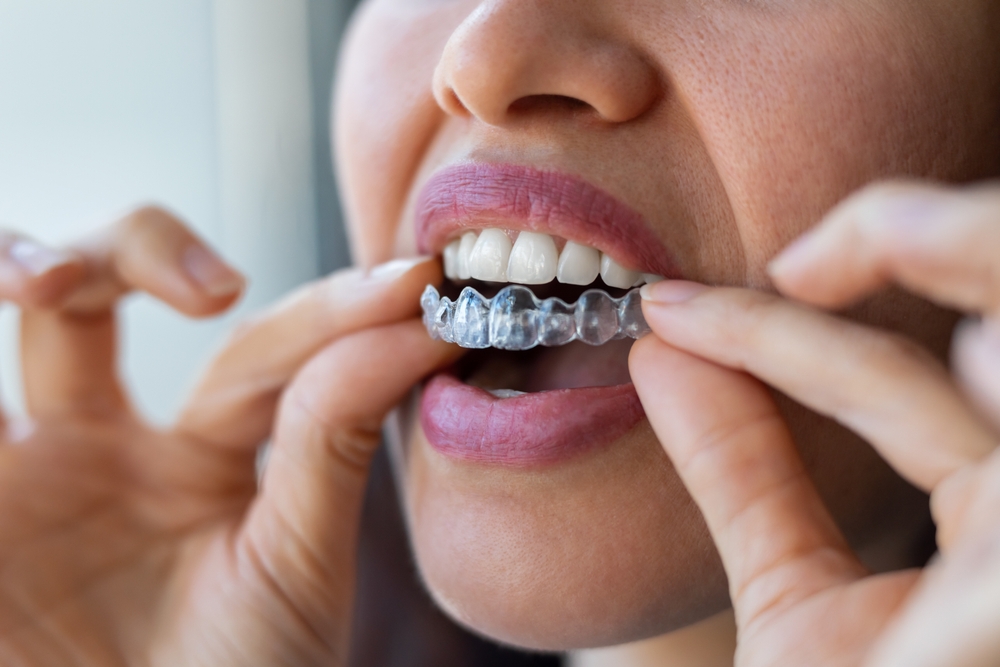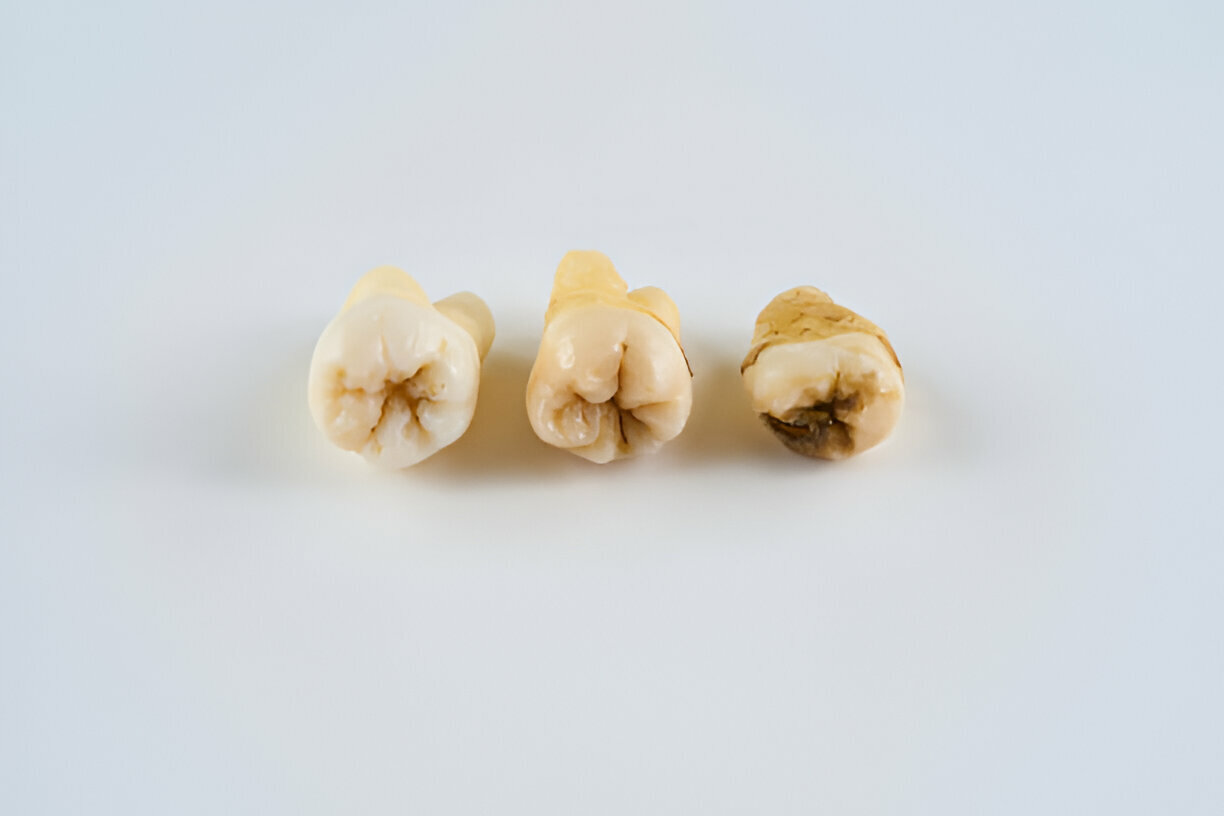Let’s face it; we’ve all been through a dental issue that we wish could’ve been avoided earlier! Dental problems not only leave you uneasy to carry out everyday activities but also are a cause of severe pain.
When it comes to oral health, you’d want to ensure that you take every possible measure to keep up with healthy gums and teeth! This also means eating the necessary vitamins & minerals as a part of your overall diet.
Although your overall health plays a significant role in your oral health, adding some essential vitamins and minerals can help nourish your teeth and gums. In this blog, we walk you through some of the vital teeth vitamins suggested by dentists in Garland, TX.
Continue reading as we explore,
The top vitamins for strong teeth and when you should consider taking them.
-
Calcium
Calcium happens to be one of the most common vitamins for strong teeth. After all, we’ve spent our entire childhood learning that calcium is essential for strong bones, including your jawbones and teeth. Besides, it won’t be wrong to say that calcium also adds to the structural support while preventing gum disease in your body.
-
What to eat:
Experts at Garland pediatric dentistry suggest that you could get started with everyday dairy products like yogurt, milk, and cheese. You can also include fish with bones or rely on veggies like okra, spinach, and kale, among other fortified foods.
-
When should you take calcium?
If you’ve started taking a calcium supplement, ensure it is with some food items. This way, your stomach acids will be influential in helping your body absorb calcium. Lastly, for your body to absorb it properly, refrain from taking anything above 600 milligrams of calcium at once.
-
Potassium
Next up, we have Potassium as a healthy vitamin for teeth. Incorporating this mineral helps improve your bone density (around tooth enamel) and promotes overall oral health. Potassium can also be a valued addition to preventing stroke, avoiding kidney stones, and reducing blood pressure.
-
What to eat:
You can add potassium to your diet by eating fruits like apricots, oranges, cantaloupe, honeydew, bananas, grapefruit, and other dry fruits. Or, you could also include some cooked broccoli and spinach, legumes, potatoes, sweet potatoes, or other dark leafy greens in your diet.
-
When should you take potassium?
When adding potassium as a supplement, try taking it within 30 minutes of your meal or snack. This way, you’ll have a better chance of avoiding a stomach upset. Lastly, only consume the prescribed limit of the supplement.
-
Vitamin D
Next up, we have Vitamin D, one of the healthy gum vitamins that can help you absorb calcium and phosphorous in food items. Without vitamin D in your body, it is more prone to fracture or decay as your body cannot avoid all the nutrients.
-
What to eat:
You can find vitamin D in foods like fatty fish, including the likes of salmon, tuna, milk, egg yolks, fortified foods, and cheese. In addition, by spending a short amount of time in sunlight each day, you can also help your body produce its vitamin D.
-
When should you take vitamin D?
You’re better off absorbing vitamin D after pairing it with fat-rich food items like nuts or avocado. In terms of consumption, vitamin D can be consumed at any time of the day.
-
Vitamin C
Ascorbic acid or Vitamin C is another name on the list of vitamins for teeth that you should have in your diet. It effectively prevents bleeding gums and tooth decay while helping maintain teeth, bones, and cartilage. Besides, vitamin C is also necessary for body tissue development, repair, and growth.
-
What to eat:
Vitamin C is a common ingredient in food items like tomato juice, red pepper, tomato, sweet potatoes, and citrus fruits. You can also find it in other fruits and vegetables like strawberries, kiwifruit, and broccoli.
-
When should you take vitamin C?
Since vitamin C is water-soluble, try consuming it on an empty stomach, likely the first supplement in the morning or one that’s 30 minutes before a meal. Or, if you’ve already had a meal, wait for two hours before consuming a vitamin C supplement.
-
Phosphorous
The phosphorus in your body plays a significant role in absorbing calcium, allowing you to develop strong teeth and bones. Therefore, aiding the formation of bones and teeth is a primary function of the mineral.
-
What to eat:
Phosphorus is abundant among protein-rich food items like lentils, dairy products, fish, nuts, meat, beans, and whole grains. Besides, you can also source phosphorus from animal-based food items.
-
When should you take phosphorus?
Phosphorus is an abundant supplement, and there are very few chances of you needing a supplement. However, if you do, take it only after consulting an expert.
Now You Know!
There are multiple sources of obtaining strong teeth vitamins and minerals. However, when it comes to your dental and overall health, always try relying on natural options rather than supplements. Take the necessary precautions and stay healthy. All the best!





